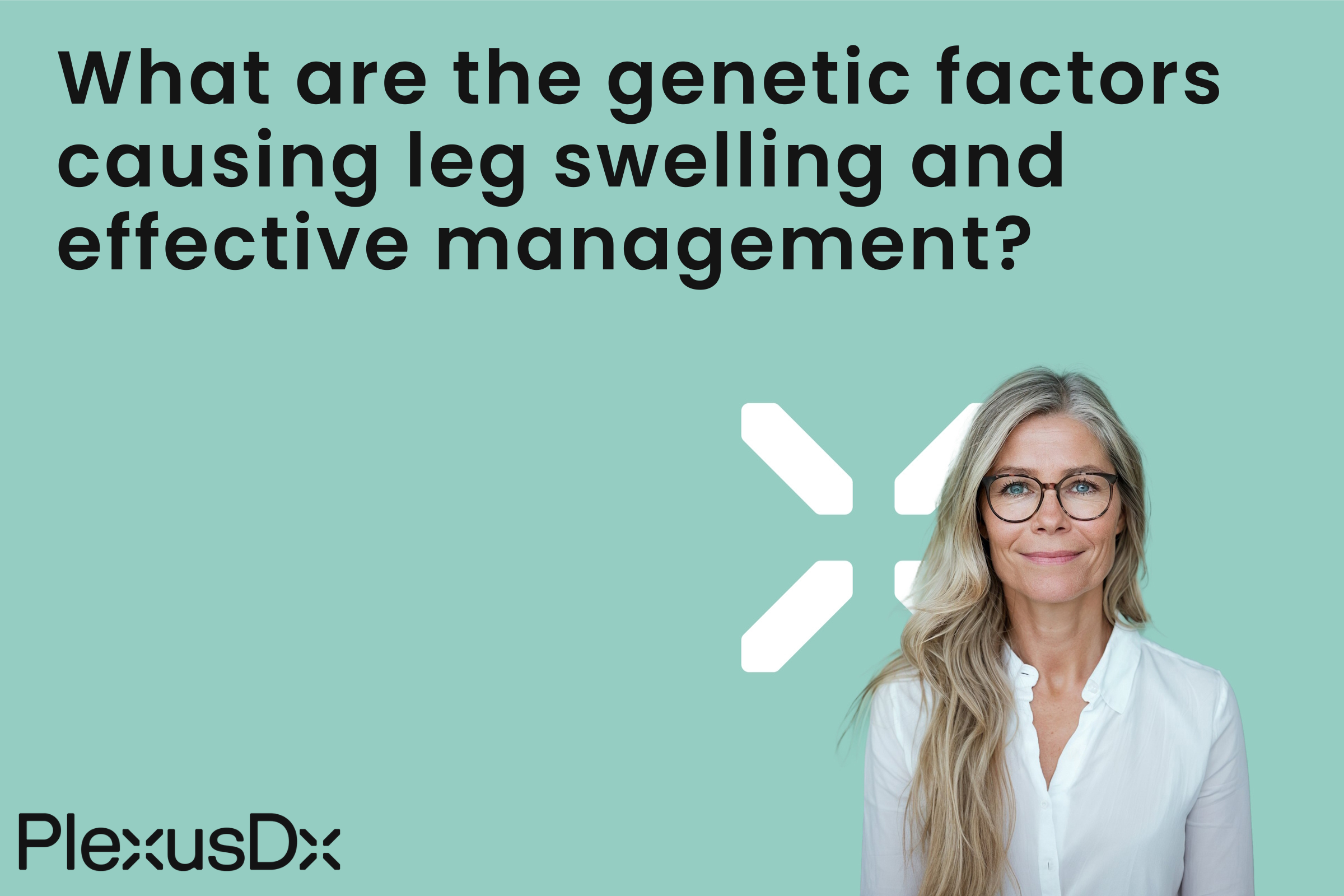Leg Swelling
Have you ever noticed swelling in your legs which doctors refer to as peripheral edema? This condition happens when fluid gathers in the tissues of the lower legs creating visible swelling that may involve one or both legs. Leg swelling goes beyond temporary discomfort as it may indicate deeper health concerns. Persistent leg swelling may indicate serious health conditions affecting the heart, kidneys or liver. We will explore how genetic components contribute to leg swelling so we can manage this frequent symptom better.
Leg swelling develops when people stand or sit for extended durations because this activity disrupts blood flow and leads to fluid buildup in the legs. Temporary leg swelling is usually not worrisome but persistent or severe swelling requires medical investigation to exclude serious health conditions. A full medical evaluation becomes essential for identifying the exact reason behind leg swelling. Healthcare providers will order blood tests or ultrasound and echocardiograms based on specific symptoms and the suspected root conditions. The affected area of leg swelling shows symptoms which involve shiny or stretched skin along with limb enlargement and occasional pain or discomfort.
Effective treatment of leg swelling requires determining the root cause and targeting it specifically. To control the condition effectively several lifestyle changes such as leg elevation, compression therapy, routine physical activity alongside medications when necessary may be advised. You must visit a healthcare provider to create a treatment strategy that addresses your particular requirements. Persistent leg swelling or any suspicion of health complications requires immediate medical consultation. Recognizing genetic elements that cause leg swelling leads to important health insights and helps determine suitable treatments.
PlexusDx Precision Health & Wellness tests available at PlexusDx.com and through Amazon and Walmart provide genomic-based information and reports that enable you to make well-informed health decisions. The presence of swelling in the legs serves as a typical symptom that may reflect serious underlying medical issues which need careful attention. Understanding genetic factors related to leg swelling and getting professional advice helps you manage this condition and enhances your overall health. Explore PlexusDx's Precision Health & Wellness tests to gain important information about your genetic risks while taking proactive actions toward improved health. Your well-being should be your top priority as learning about the genetic factors behind leg swelling helps you improve your condition management and quality of life. Take charge of your health journey today!

Share:
What health risks come with MTHFD1 gene variant rs2236225 and how to reduce them?
Effects of rs8192678 variant of PPARGC1A gene on athletic performance and disease vulnerability?